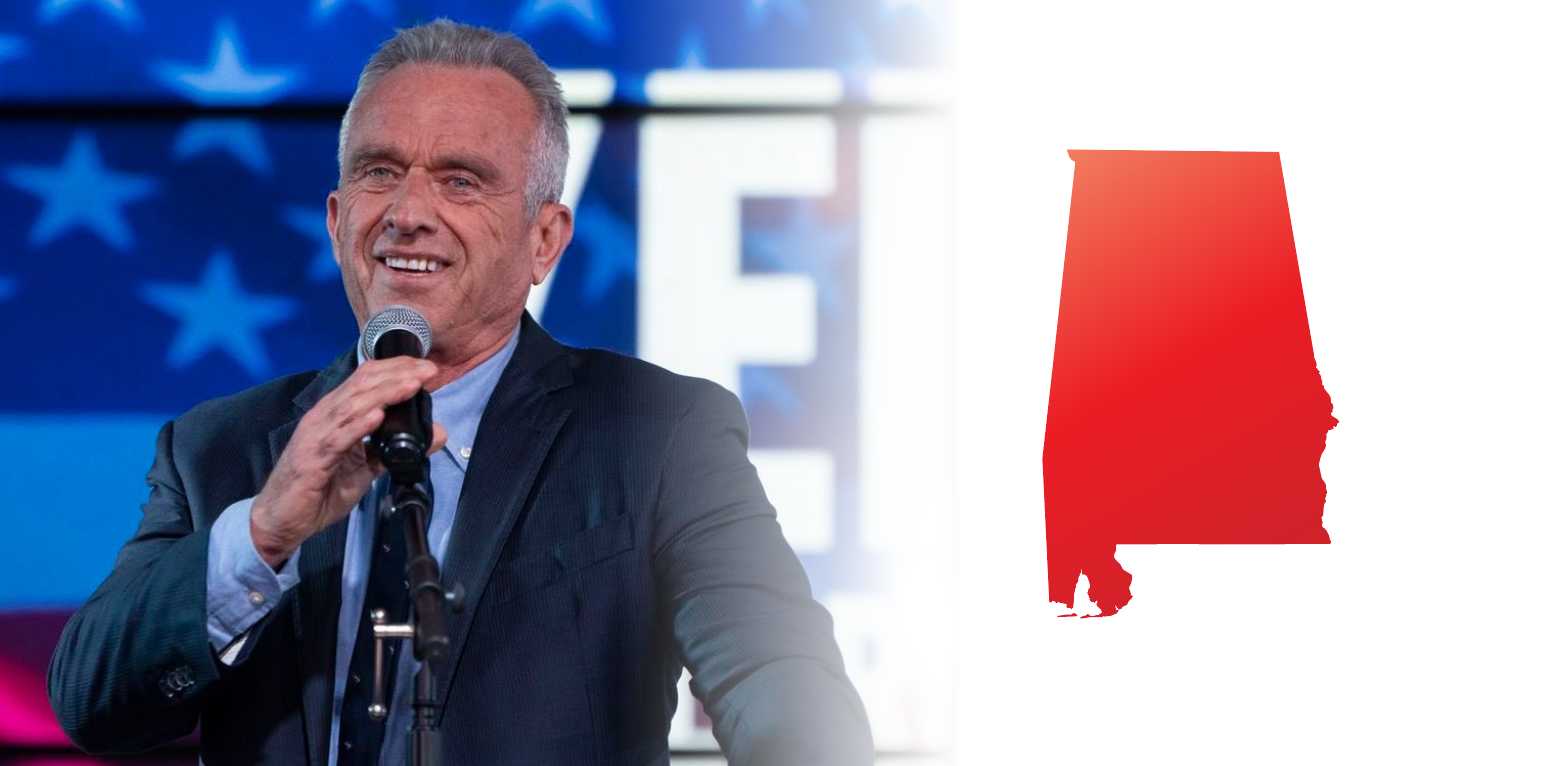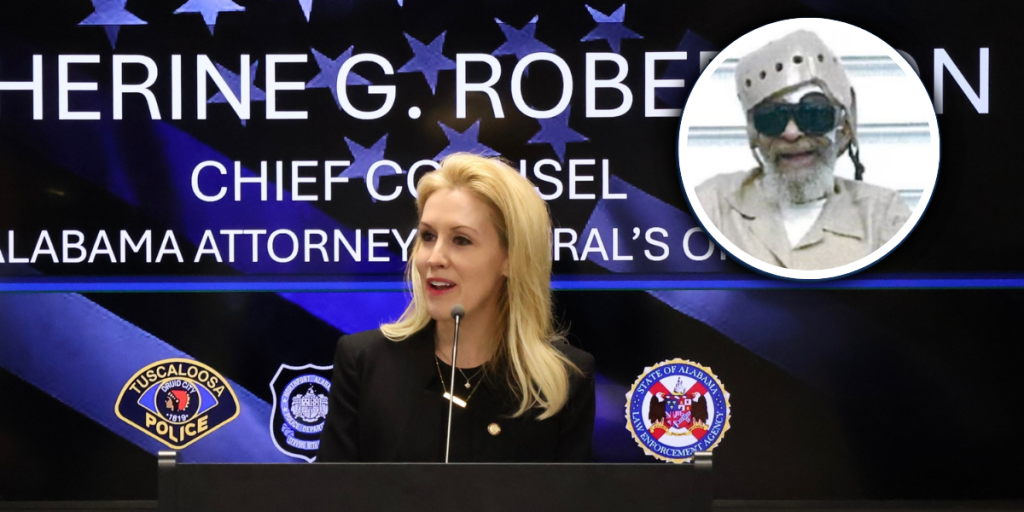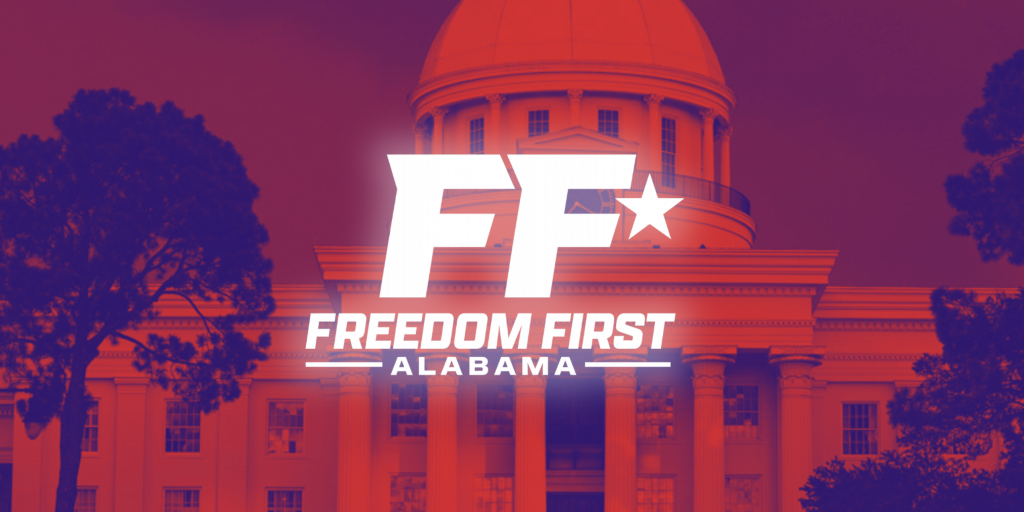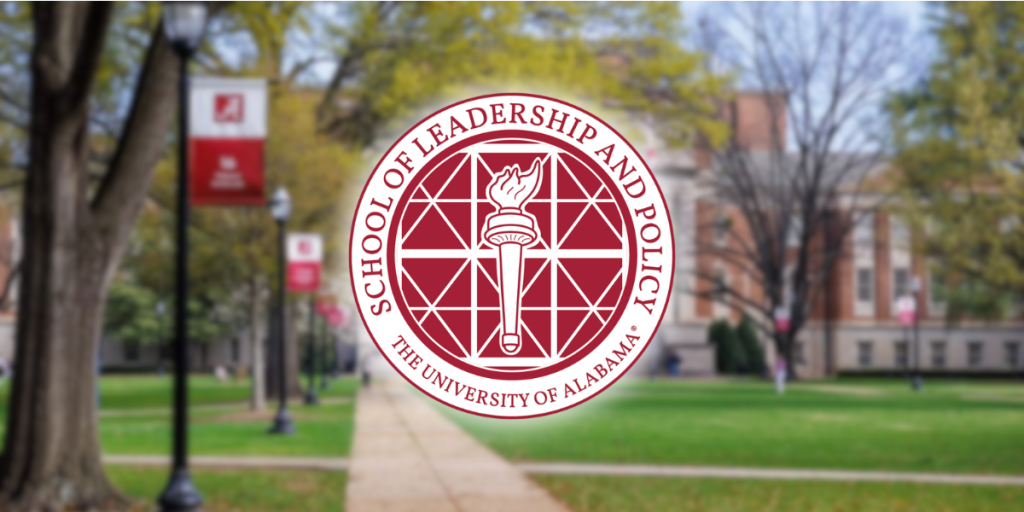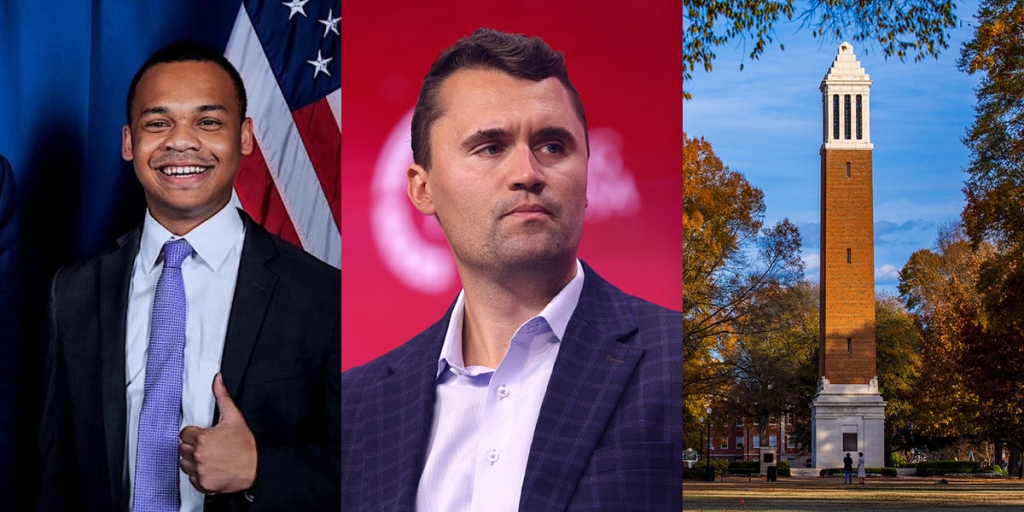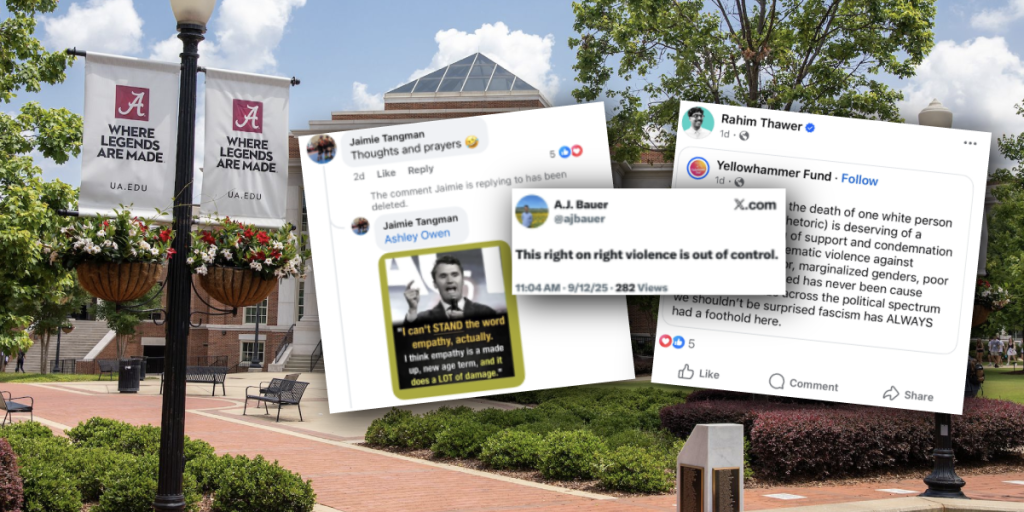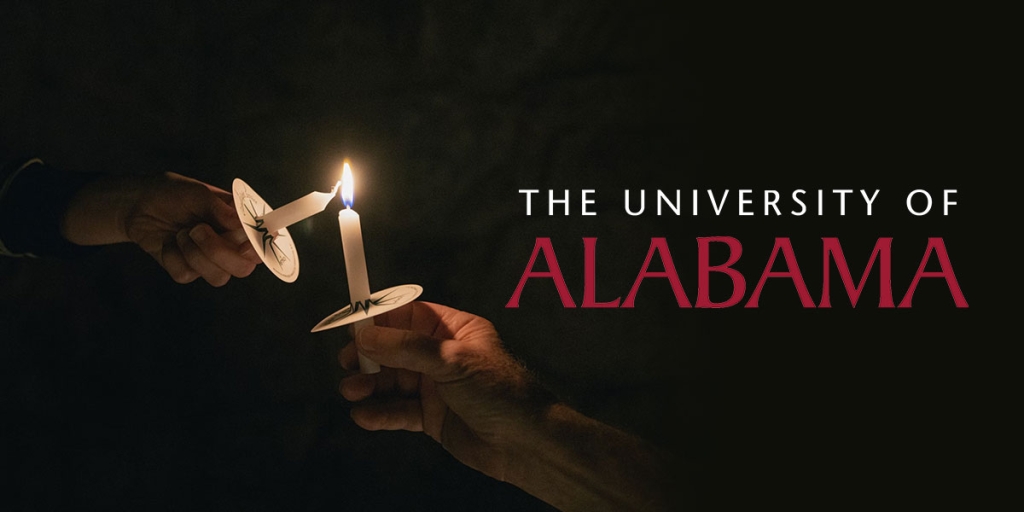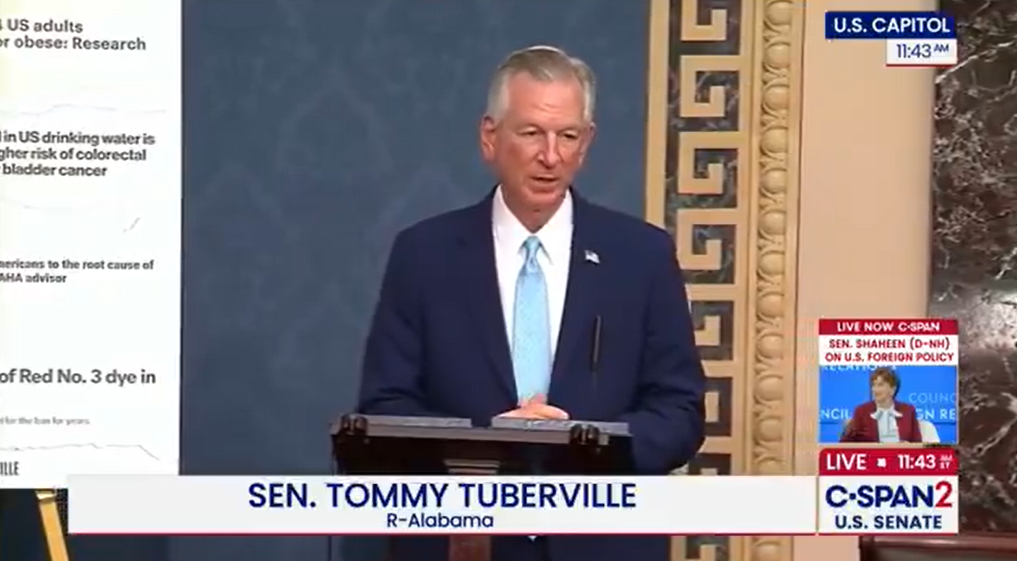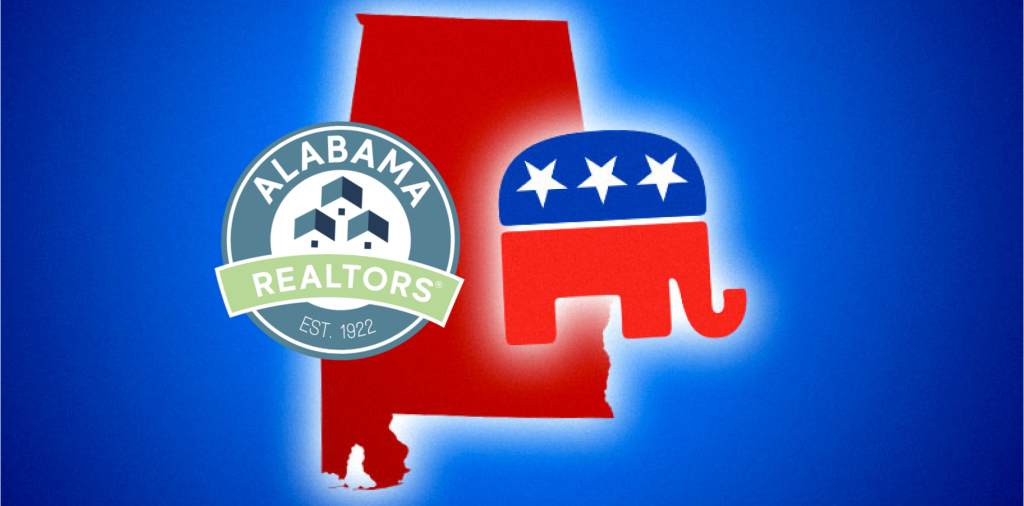Independent presidential candidate Robert F. Kennedy, Jr. spoke to students and voters at the University of Alabama in Tuscaloosa on Wednesday.
On stage, the dynastic political candidate began illustrating his personal connections to the Yellowhammer State, noting that he lived in Alabama on two separate occasions – once in 1972, as he was involved in environmental litigation concerning Alabama’s waterways, and again in 1980 during his uncle, U.S. Senator Edward M. Kennedy’s, campaign for President as a Democrat. “Alabama is like a second home to me,” Kennedy said.
Pre-screened audience questions were posed to Kennedy after his remarks. When asked what his pitch is to Republican voters who may consider voting for him in the likely event that former President Donald Trump wins the GOP nomination, Kennedy explained he chooses not to attack Trump for the most part, but that his policies during the COVID-19 pandemic were “the most destructive economic policies in American history.”
Kennedy trailed into a story about his uncle, President John F. Kennedy’s, handling of the Cuban Missile Crisis in which he emphasized President Kennedy’s ability to listen to experts while still understanding that the decision whether or not to escalate tensions with the Soviet Union and Cuba was ultimately his.
RELATED: Alabama’s most influential leaders attended ‘incredible’ GOP debate at the University of Alabama
Concerning the former president’s COVID policies, Kennedy argued that former President Trump “caved into his bureaucrats” and “gave us the lockdowns.”
“Both President Trump and President Biden had their chance, and they’ve served a term … let’s not have a vote where the American people get the least of two possible evils. And that’s who you’re voting for. Don’t you think that you deserve somebody who is going to inspire you, that’s going to come like a new idea, and is going to listen to people, and not into vitriol, vilification, and the tribal sidebars?”
I paid particularly close attention to this answer because it was my question.
Unfortunately for Mr. Kennedy, this answer made me less likely to vote for him.
While I agreed with his take on former President Trump’s mistakes during the pandemic, I came away feeling that Mr. Kennedy really does not know, or at least cannot clearly articulate, why he is running for president beyond the fact that he is an alternative to two very unpopular frontrunners.
Ultimately, if I choose to vote for a candidate who “inspires” and “come[s] like a new idea,” as Mr. Kennedy suggested — I will likely have to write in a candidate.
Luke Mintz, Secretary of the University of Alabama College Republicans, summed up Kennedy’s speech best as we walked out of the venue.
“That sounded like a lot of problems and not many solutions,” he said.
Riley McArdle is a Birmingham native majoring in Political Science at The University of Alabama. He also serves as the current Chairman of The University of Alabama College Republicans and Chief of Staff of the College Republican Federation of Alabama.




